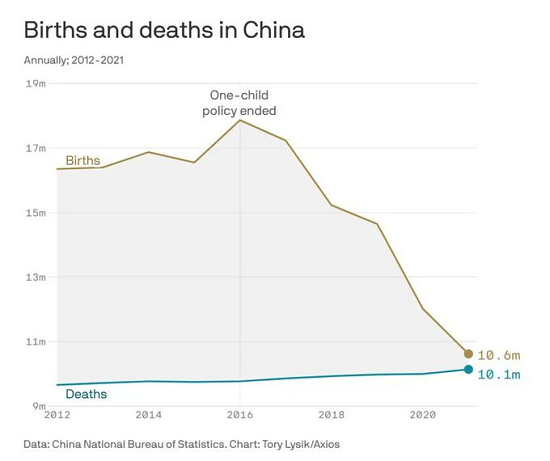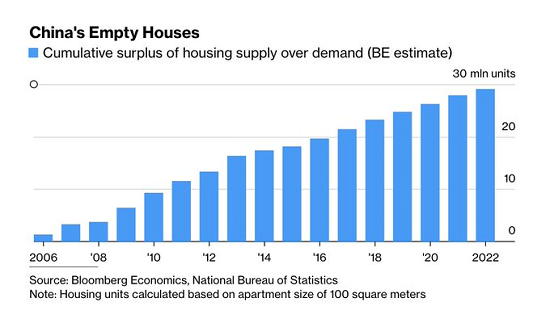China Uncertainty Is Kryptonite to Global Markets
2022.11.28 14:36
[ad_1]
Few seem alive to the potentially consequential financial risks arising from uncertainties evolving in China.
One thing we know rather definitively is that markets don’t like uncertainty: uncertainty is Kryptonite to markets.
Another thing we know is that the events unfolding in China are generating uncertainty on multiple levels. Whatever policy decisions are made, the potential consequences generate waves of profound uncertainty.
Should authorities respond to exploding Covid caseloads with heavy-handed lockdowns, that will trigger production and shipping consequences for global trade. If restrictions are relaxed, the healthcare consequences are also uncertain, as China lacks the facilities such as ICU beds in sufficient quantities to deal with a contagious virus spreading in a populace with very little immunity.
The reactions of both authorities and the people generate an entirely different level of uncertainty. Authoritarian regimes are trapped: if their response is increasingly brutal repression, punishment and lockdowns, this risks changing the populace’s understanding of the social contract in a destabilizing dynamic.
But offering concessions opens the door to demands for further concessions, and this path is an equally destabilizing dynamic.
There are no positives for global markets in any of these developments, as each potential outcome has difficult-to-predict and control second order effects. Covid lockdowns have the potential to topple various supply-chain dominoes, and by weakening economic activity, they also have the potential to topple dominoes in the populace’s understanding of the social contract between citizens and the state.
A great many commentators evince confidence that the protests will all blow over in a few days or weeks and everything will quickly go back to normal, but markets cannot afford to place much faith in such complacent forecasts, because risk rises asymmetrically in self-reinforcing uncertainty.
It’s nice to dismiss low-probability long-tail risks as “nothing,” but that’s not prudent when it comes to risks with potentially severe financial consequences.
Indeed, from the point of view of asymmetric risks, the entire point of a market is to provide opportunities to limit risk by selling and/or hedging. The cost of waiting around is also asymmetric: only first-movers get high prices for at-risk assets and low prices for hedges.
Everyone who waits around because they dismissed uncertainties as “nothing” gets their head handed to them on a platter.
Few seem alive to the potentially consequential financial risks arising from uncertainties evolving in China. Those who complacently discount risk may regret it, as one of the few things we know is markets don’t like uncertainty for a very good reason: uncertainty generates asymmetric risks that have the potential to deliver life-changing losses to the unwary and over-confident.


Chinas Empty Houses
[ad_2]








